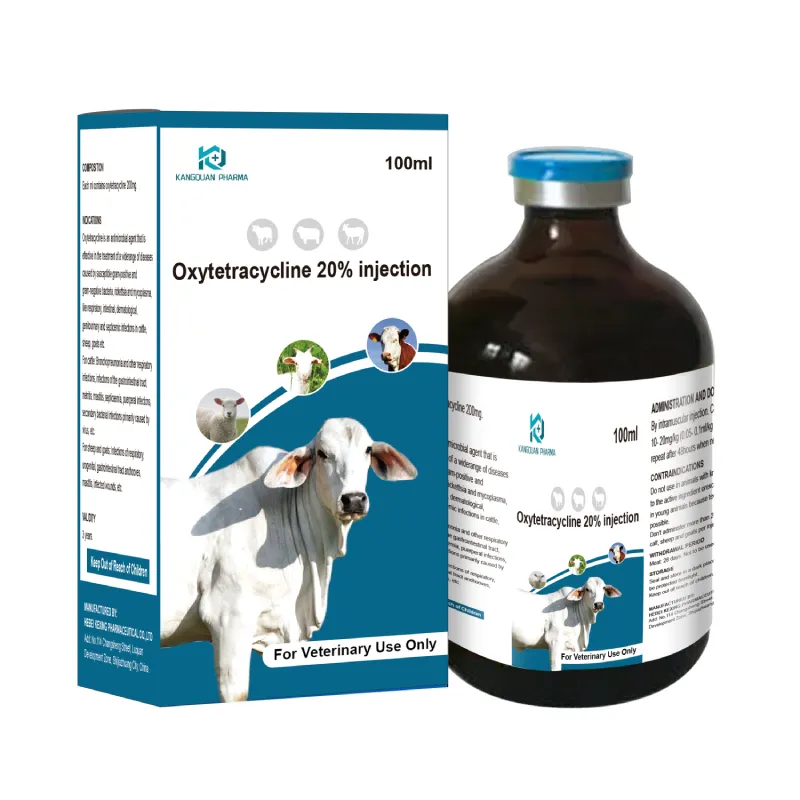- Afrikaans
- Albanian
- Amharic
- Arabic
- Armenian
- Azerbaijani
- Basque
- Belarusian
- Bengali
- Bosnian
- Bulgarian
- Catalan
- Cebuano
- Corsican
- Croatian
- Czech
- Danish
- Dutch
- English
- Esperanto
- Estonian
- Finnish
- French
- Frisian
- Galician
- Georgian
- German
- Greek
- Gujarati
- Haitian Creole
- hausa
- hawaiian
- Hebrew
- Hindi
- Miao
- Hungarian
- Icelandic
- igbo
- Indonesian
- irish
- Italian
- Japanese
- Javanese
- Kannada
- kazakh
- Khmer
- Rwandese
- Korean
- Kurdish
- Kyrgyz
- Lao
- Latin
- Latvian
- Lithuanian
- Luxembourgish
- Macedonian
- Malgashi
- Malay
- Malayalam
- Maltese
- Maori
- Marathi
- Mongolian
- Myanmar
- Nepali
- Norwegian
- Norwegian
- Occitan
- Pashto
- Persian
- Polish
- Portuguese
- Punjabi
- Romanian
- Russian
- Samoan
- Scottish Gaelic
- Serbian
- Sesotho
- Shona
- Sindhi
- Sinhala
- Slovak
- Slovenian
- Somali
- Spanish
- Sundanese
- Swahili
- Swedish
- Tagalog
- Tajik
- Tamil
- Tatar
- Telugu
- Thai
- Turkish
- Turkmen
- Ukrainian
- Urdu
- Uighur
- Uzbek
- Vietnamese
- Welsh
- Bantu
- Yiddish
- Yoruba
- Zulu
9 月 . 04, 2024 08:57 Back to list
antifungal veterinary drugs
Antifungal Veterinary Drugs An Overview
Fungal infections in animals can lead to significant health issues, affecting the well-being of pets, livestock, and wildlife alike. Just as in human medicine, antifungal drugs have become essential tools in veterinary practice to combat these infections. This article provides an overview of antifungal veterinary drugs, their importance, and factors influencing their use.
Fungal diseases can range from superficial infections, such as ringworm (dermatophytosis) in cats and dogs, to systemic infections that can affect multiple body systems in animals. Common fungal pathogens include *Candida*, *Aspergillus*, and *Cryptococcus*, each of which can pose various health risks. Effective antifungal treatments are crucial for managing these infections, promoting animal welfare, and ensuring the productivity of livestock.
Veterinary antifungal drugs can be broadly classified into two categories topical and systemic. Topical antifungals, such as miconazole and clotrimazole, are typically used to treat localized infections. These drugs are applied directly to the infected area and are effective for cases like skin infections and otitis externa caused by fungal organisms.
Systemic antifungal treatments, such as itraconazole, fluconazole, and amphotericin B, are used for more severe or widespread infections. These drugs are administered orally or intravenously and are absorbed into the bloodstream, allowing them to target fungal infections throughout the body. They are crucial for treating systemic fungal infections, which can be life-threatening if left untreated.
antifungal veterinary drugs

The choice of antifungal medication depends on several factors, including the type of fungal infection, the species of animal, the severity of the disease, and the potential side effects of the drug. For instance, some antifungal agents can have toxic effects on the liver or kidneys, which necessitates cautious monitoring, especially in animals with pre-existing health concerns.
Resistance to antifungal drugs is a growing concern in both human and veterinary medicine. Overuse or inappropriate use of antifungal treatments can lead to resistant strains of fungi, rendering standard therapies ineffective. This issue highlights the need for veterinarians to employ antifungal medications judiciously and to follow established guidelines for their use. Regular monitoring and sensitivity testing can help to combat antibiotic resistance and ensure the efficacy of treatments.
Moreover, the development of novel antifungal agents is critical to address the challenges of resistance and to enhance the therapeutic options available for veterinarians. Research continues to explore new compounds and combination therapies that can effectively target resistant fungal strains while minimizing side effects.
In addition to pharmacological interventions, supportive care is also vital in managing fungal infections in animals. This may include improving the overall health and immunocompetence of the animal through proper nutrition, vaccination, and environmental management.
In conclusion, antifungal veterinary drugs are essential in the fight against fungal infections in animals. Their appropriate use can significantly improve animal health and welfare, and enhance productivity in livestock. However, with the rising concern over drug resistance, it is imperative for veterinarians to utilize these medications responsibly, monitor their effects, and explore new therapeutic alternatives to ensure better outcomes for their patients. As our understanding of fungal infections and treatment options evolves, so too will our strategies for safeguarding the health of animals across various settings.
-
The Power of Radix Isatidis Extract for Your Health and Wellness
NewsOct.29,2024
-
Neomycin Sulfate Soluble Powder: A Versatile Solution for Pet Health
NewsOct.29,2024
-
Lincomycin Hydrochloride Soluble Powder – The Essential Solution
NewsOct.29,2024
-
Garamycin Gentamicin Sulfate for Effective Infection Control
NewsOct.29,2024
-
Doxycycline Hyclate Soluble Powder: Your Antibiotic Needs
NewsOct.29,2024
-
Tilmicosin Premix: The Ultimate Solution for Poultry Health
NewsOct.29,2024













